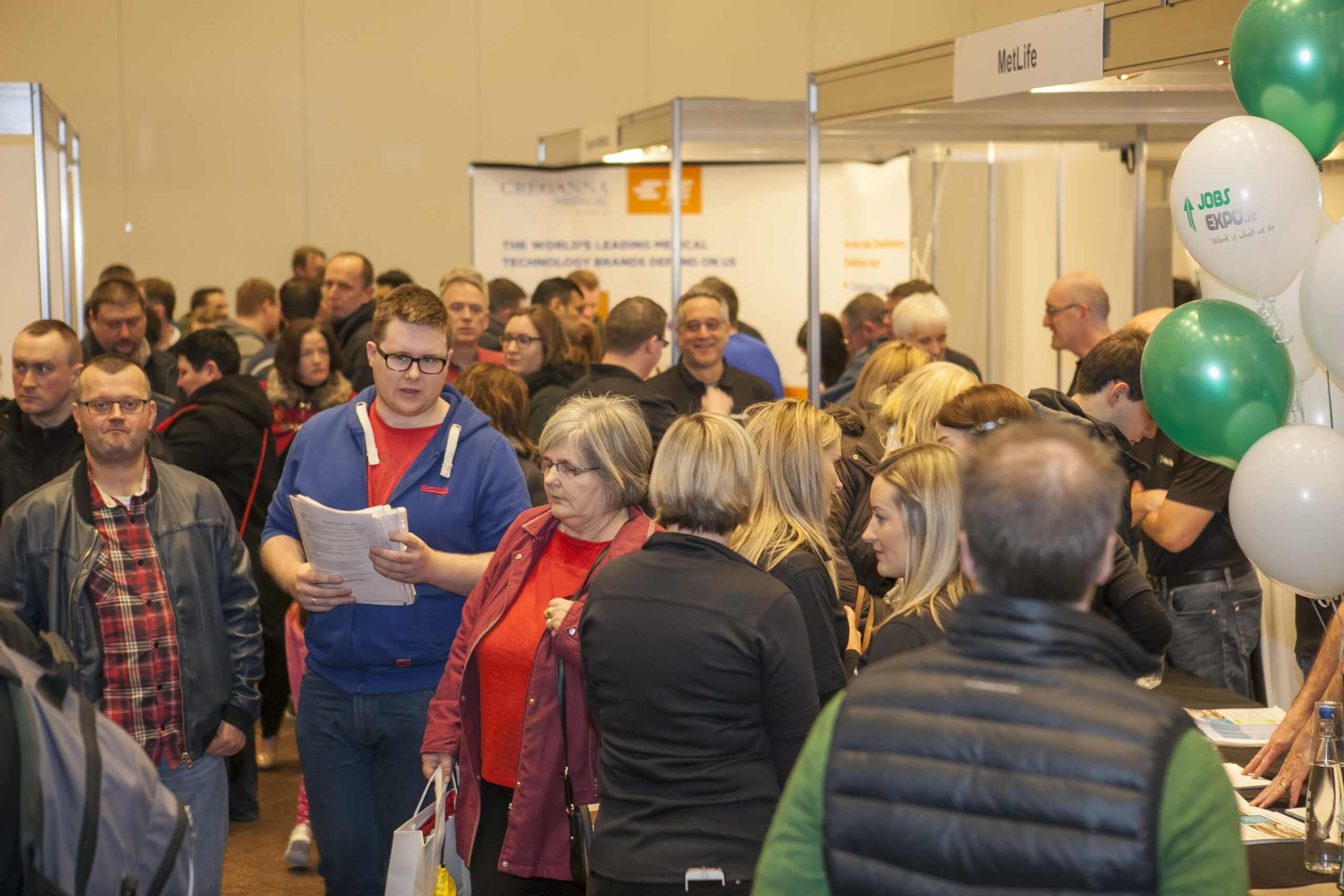
Are you are foreign professional considering a move to live and work in Ireland? Ireland attracts talent from around the world. Since last year's shock Brexit result, more and more foreign professionals are looking to Ireland instead of the UK to get international work experience.
Jobs Expo is a great place to look for your next career challenge. Employers taking part in the event cover a range of industries and sectors. These include IT, professional services, sales, hospitality and more. However, the vast majority of the vacancies on offer are for full-time work. Therefore, you need to be eligible to work a 40-hour week. If you are unsure whether or not you can work in Ireland, read on.
If you have an EU passport, then yes, you have the right to work in Ireland. You don’t need a work permit or a visa.
The EEA includes all of the EU countries as well as Iceland, Liechtenstein and Norway. If you are from an EEA country you have the same rights to live and work in Ireland as EU nationals.
Switzerland is neither part of the EU nor a member of EEA. However, Swiss nationals also have the same rights to live and work in the Ireland as EU and EEA nationals.
If you are from outside the EU or EEA but your spouse or civil partner is from these territories, you must apply for permission to remain under EU Treaty Rights. Once you have, you will have similar rights to live and work in Ireland.
When you register with your local immigration registration office, you will receive your residence card with wording 4 EU FAM. As a holder of the card 4 EU FAM, you do not need an employment permit.
If you don’t have an EU or EEA passport you will need a work permit to work in Ireland.
Your profession can make this easier – or harder. If you have skills that are in high demand, it is relatively easy to get a work permit and find a job.
If your profession falls on the Highly Skilled Eligible Occupations List you may apply for a Critical Skills Employment Permit.
If you don’t qualify for a Critical Skills Employment Permit, you need a General Employment Permit. Either you, or your employer, can apply online for your General Employment Permit.
A General Employment Permit can be issued for an initial period of two years. It can be renewed for up to a further three years. After five years, the applicant may apply to the Irish Naturalisation and Immigration Service (INIS) for long term residency.
However, to apply for a General Employment Permit you need a genuine job offer from an employer. That means a company that is registered with the Revenue Commissioners, and if applicable, with the Companies Registration Office/Registry of Friendly Societies, and is trading in Ireland.
For the most part, you need a job offer paying around €30,000 per year.
If you are from outside the EU or EEA and a full-time student in Ireland, you are allowed to work part-time. Part-time is defined as up to 20 hours work per week.
However, you are allowed to work up to 40 hours per week during two periods of the year. These are:
These periods correspond to the traditional summer and winter college holidays.
If you are in Ireland on a tourist visa you are not allowed to apply for work. You must return to your home country and apply from there. If you get caught, which is very likely, you will be denied a General Work Permit.